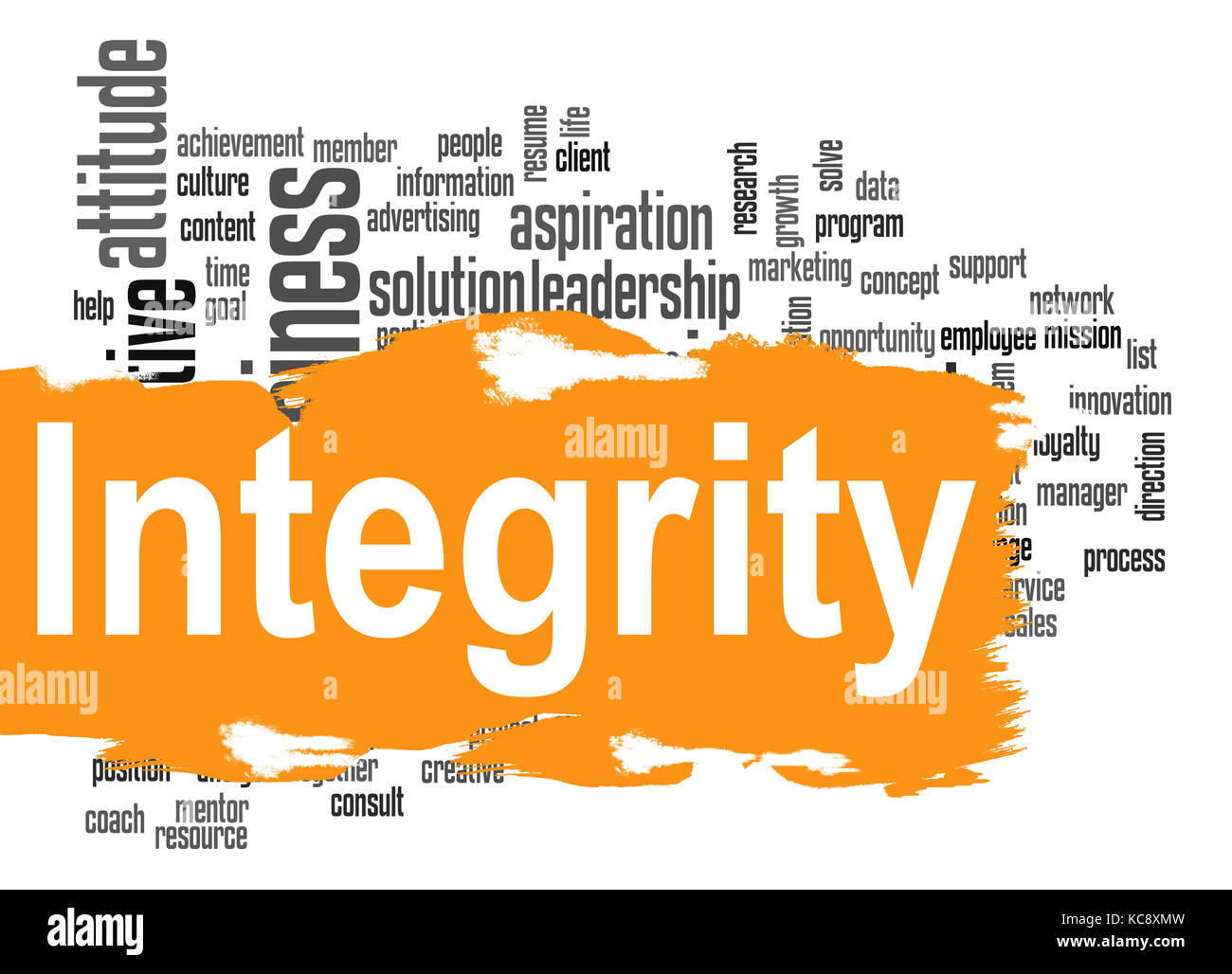

Our politics have become so fractured and our world’s problems so complex.

However, that has become very hard to do. Ideally, platform companies like ours would partner with all levels of government leaders and focus on solving at least some of these challenges with well-reasoned policy solutions. And then there were the typical duties of any legal team, such as preparing contracts and managing disputes. We had to figure out how to deal with white supremacists in the United States who had advised their supporters to stay in Airbnbs while traveling for rallies. One minute we were concerned with regional conflict overseas, the next with a small-town ordinance governing short-term rentals. Politicians and the press are asking tough questions about their most significant impacts: Are platforms like Upwork, for example, enabling new flexible ways of working that unlock human potential, or are they just enabling large companies to exploit “gig” workers? Are ride-sharing companies offering new income sources and making the roads safer, or are they a collection of unregulated operators with too much information about where customers come and go? Is Airbnb helping thousands of people leverage unused space to augment their incomes, or is it reducing the quality of life in neighborhoods? Should we nurture these platforms? Regulate them? Tax them? Or break them up?įor over three years I managed a global legal team that confronted these questions daily, and worked with legal issues impacting our business model in over 190 countries and more than 100,000 cities.

So many of these companies, initially praised and celebrated as innovators, now find themselves at the center of important debates about the impact of technology on society. Airbnb’s founders were pioneers in the “sharing economy,” in which Internet platforms like eBay, Uber, Lyft, Turo, Upwork, Poshmark, and many others leverage existing capacity in everything from shelter and artwork to clothing and vehicles. Founded in 2008 by three twentysomethings who rented out airbeds on their small San Francisco apartment floor, the company now helps tens of millions of travelers connect with unique accommodations. In 2016, I joined Airbnb as the company’s general counsel.

This is how it begins-a direct, open, mostly enjoyable but sometimes uncomfortable conversation with new employees about what it means to have Intentional Integrity in the workplace. Laughter breaks the tension, resolving into silence hands start to go down. Others go halfway, the hires swiveling their heads to scan the room, wondering: Is it cool to raise my hand? “Show of hands-who in this group has integrity?” I look out over a room filled with about 50 new hires and throw out the question that always provokes uneasy laughter and side-eye glances. Show of hands? A new approach to integrity


 0 kommentar(er)
0 kommentar(er)
